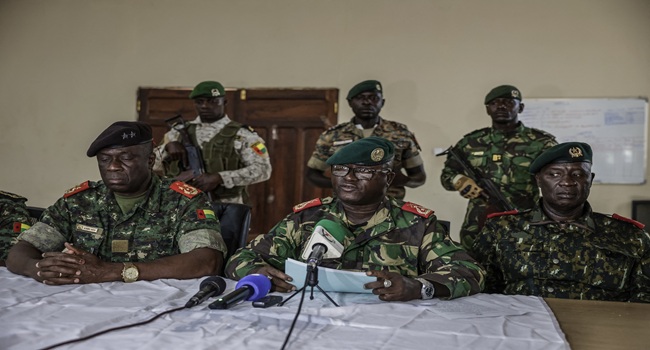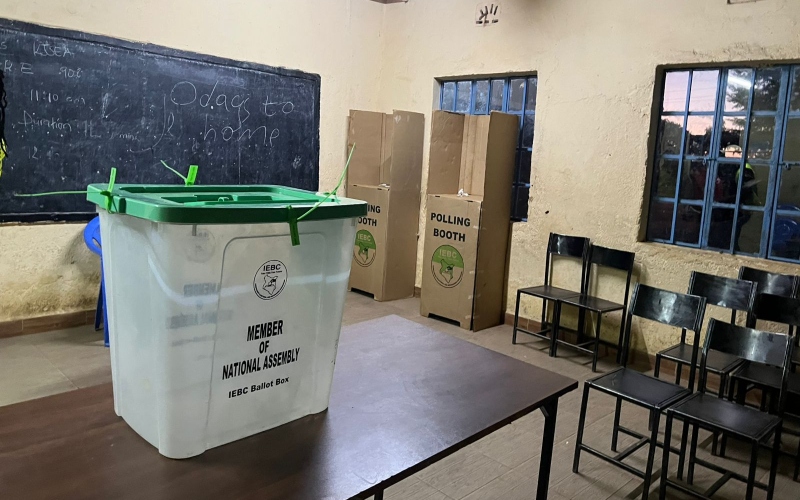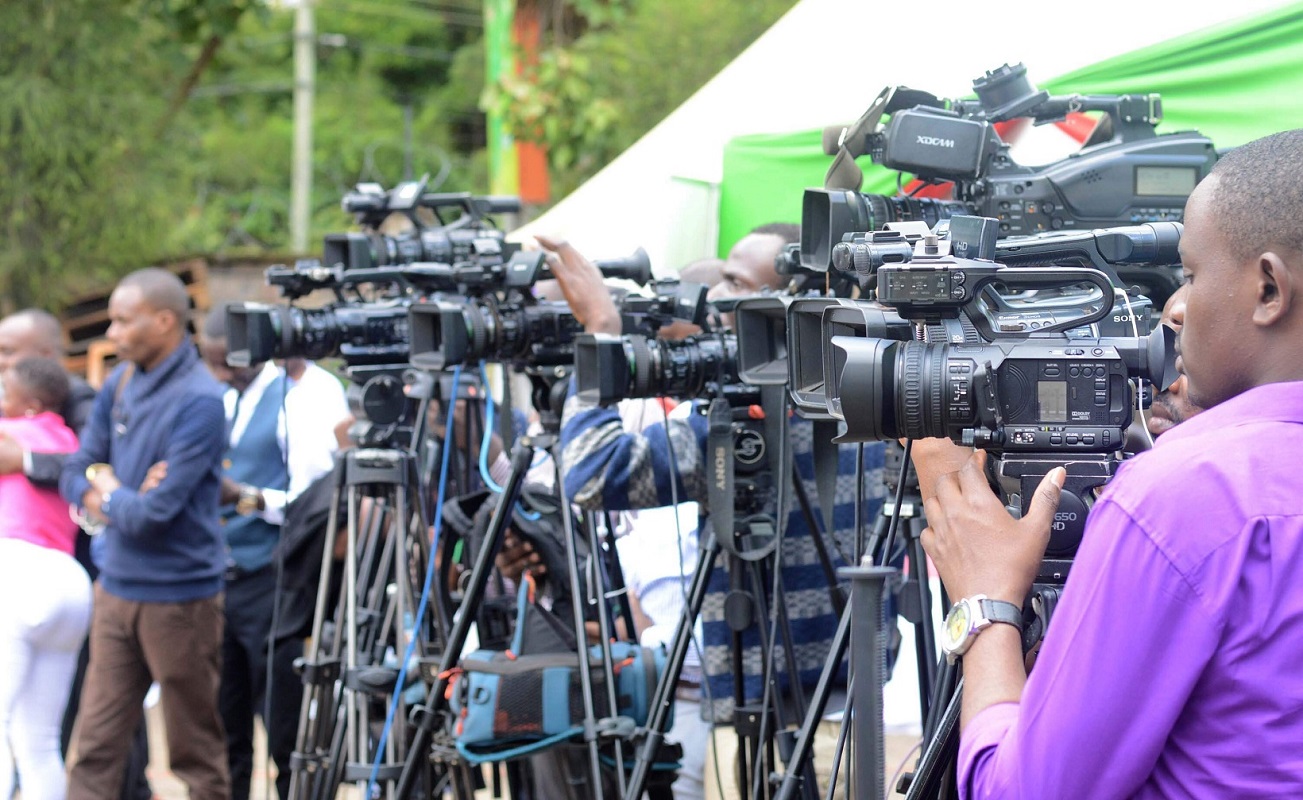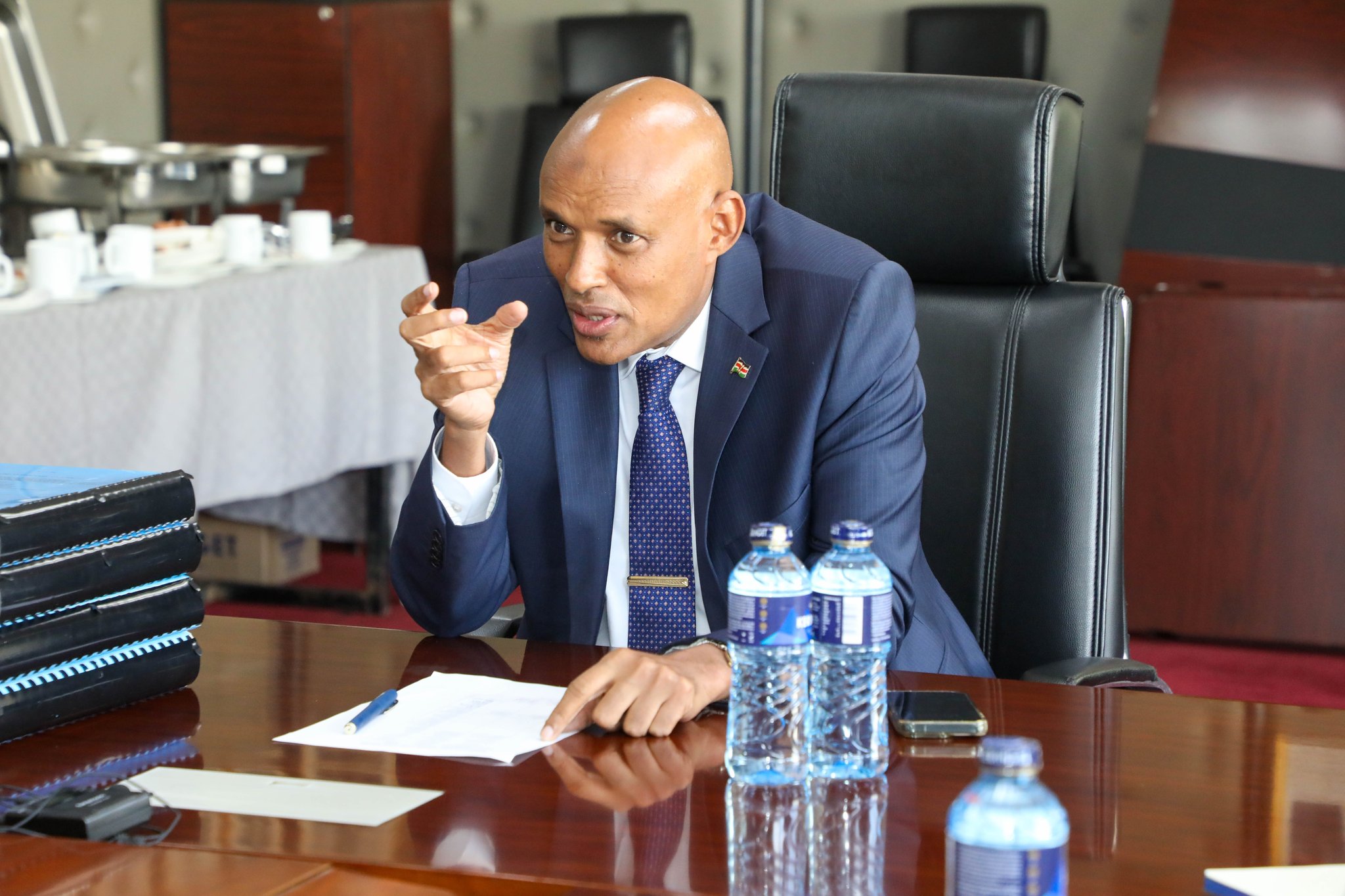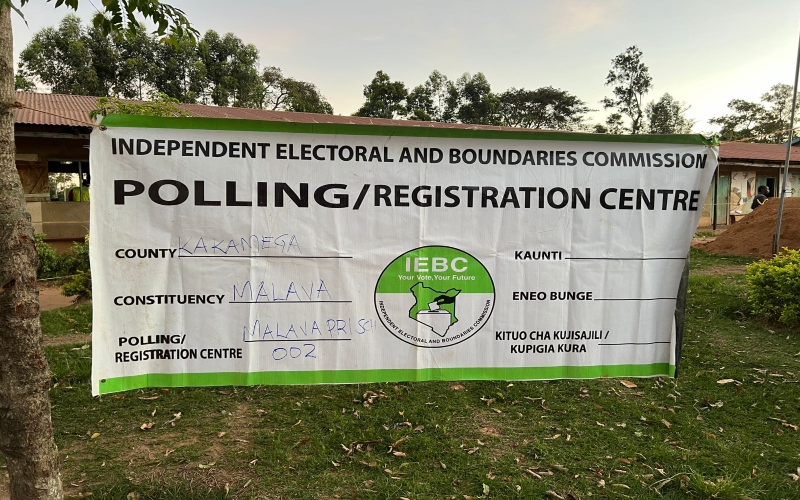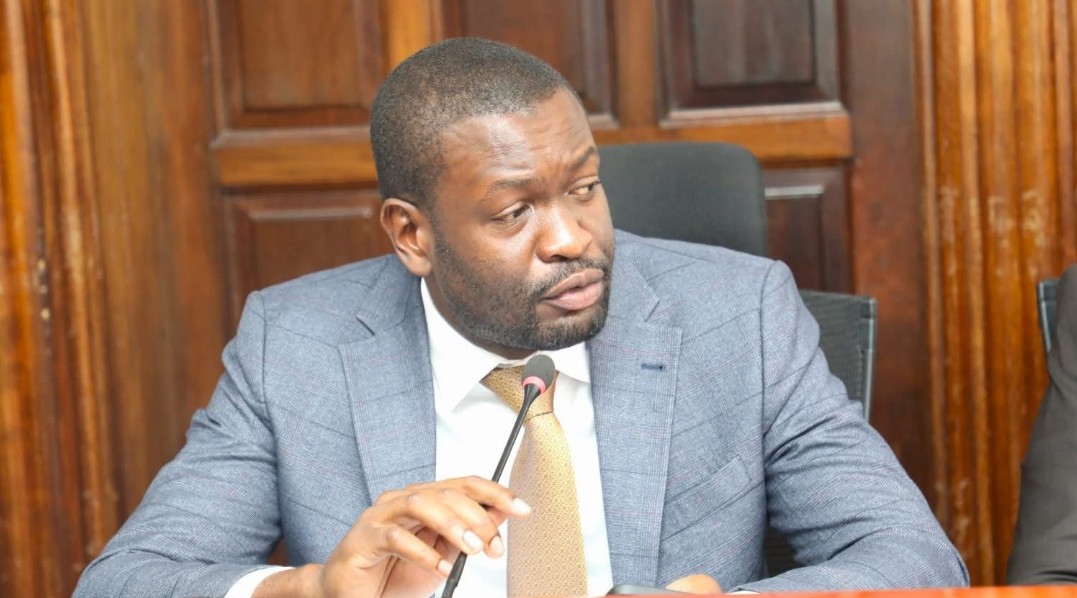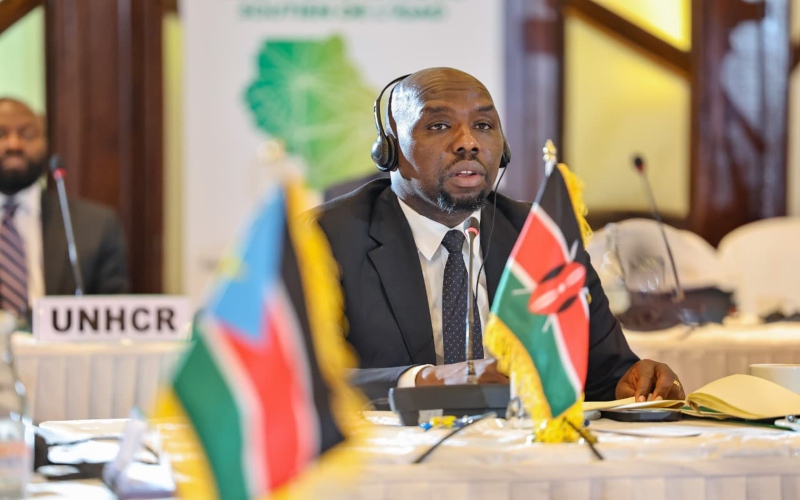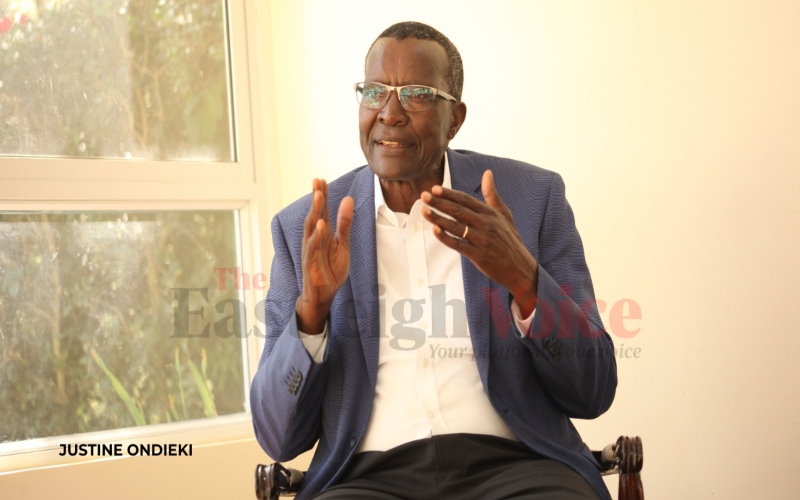International Justice Mission to appeal acquittal of officers accused of torturing Migori suspect

The conduct of the officers – assaulting Amayo, denying him medical care, and barring access to his wife – also contravened the Fifth Schedule of the National Police Service Act, which outlines the rights of detained persons.
The High Court sitting in Migori has acquitted three police officers who had been charged with torture-related offences concerning the alleged abuse of a suspect while in their custody.
In delivering the judgment, the presiding judge cited significant inconsistencies in the statements presented by prosecution witnesses.
More To Read
- Fear and mistrust keep police abuse victims silent, report finds
- International Justice Mission unhappy with debate over Ruto's police victims compensation team
- Families of missing Kenyans lay bare frustrations in search of their kin as IPOA decry lack of capacity to handle cases
- DPP Renson Ingonga denies executive influence in activists’ terror charges
- Legal experts decry Kenya's ‘weaponisation’ of terror laws against Saba Saba protesters
- IJM launches probe into protest killings, calls for justice for 12-year-old girl shot in Kiambu
The three officers – Peter Langat, Peter Nyakundi, and Gilbert Aleka – were arraigned on January 31, 2024, under the Prevention of Torture Act, 2017, following accusations that they tortured Edward Amayo Ondieki at Homa Bay Police Station.
Amayo’s ordeal began on May 22, 2022, at his establishment, Green Pub, in Rodi Kopany Town, Homa Bay County. Police officers allegedly stormed his business premises and dragged him to the station, where they reportedly subjected him to torture and accused him of possessing stolen items.
In court, Amayo recounted his traumatic experience, stating that he was removed from his cell and held in the Gender and Children’s Office, where he was beaten for several hours. “They suspended me upside down between two tables and beat the soles of my feet,” he told the court.
He further testified that the officers pressed a firearm against his toe, causing extreme pain, while demanding a bribe of Sh400,000.
Denied water despite his pleas and left unable to stand, Amayo said he was carried back to his cell by the accused officers. When he later asked to be taken to the hospital, his request was denied.
Throughout his detention, Amayo said he screamed in pain, drawing the attention of several people, including his wife, who were subsequently chased away by the officers.
Ten prosecution witnesses, including Amayo’s wife, gave corroborating accounts. “I heard him crying out, pleading for mercy,” she said, visibly shaken while recalling the ordeal.
Two days later, Amayo was charged with the theft of television screens and keg pumps. However, the complainant eventually cleared him of the charges in court.
Amayo told the court he later became ill and was referred to Homa Bay GK Prison for medical treatment, where he was given painkillers. Upon posting bond, he visited Homa Bay County Hospital, where a P3 Form was completed to document the injuries he had sustained.
On June 17, 2024, the court ruled that the three officers had a case to answer — a landmark development under the Prevention of Torture Act, 2017.
The case was initially reported to the Independent Policing Oversight Authority (IPOA) in 2022 and to the Kenya National Commission on Human Rights (KNCHR) in February 2024. IPOA requested the support of International Justice Mission Kenya (IJM Kenya) to represent the victim during the trial.
IJM Kenya, acting on behalf of Amayo, described the case as one that highlights grave human rights violations and police misconduct.
The prosecution argued that the officers not only violated Amayo’s rights but also attempted to extort money from him. According to Section 4 of the Prevention of Torture Act, torture is defined as inflicting severe pain or suffering for purposes such as obtaining information or punishment.
The court heard medical testimony from a clinical officer who treated Amayo and confirmed that he had sustained serious injuries, including lacerations and swollen genitals. “The injuries were consistent with torture,” the clinician said, referring to the filled P3 Form.
The conduct of the officers – assaulting Amayo, denying him medical care, and barring access to his wife – also contravened the Fifth Schedule of the National Police Service Act, which outlines the rights of detained persons.
Despite the evidence presented, the court acquitted the officers. IJM has since announced its intention to appeal the ruling.
“We and the victim are not satisfied with the court’s decision. Once we receive the written judgment, we shall study it and consider our next steps, which may include filing an appeal or even a constitutional petition,” said IJM lawyer Julius Nyagah.
“We had hoped the court would thoroughly examine the issues raised, but it focused solely on inconsistencies. We wanted the court’s opinion on the compelling evidence presented.”
Nyagah condemned the officers’ conduct as an example of unchecked impunity.
“One shudders to imagine that those sworn to serve and protect could commit such heinous acts. This level of abuse of power must not be allowed to go unpunished,” he said.
“The torture was carried out in broad daylight, inside a police station, and in full view of the public.”
IJM maintains that justice must be served — not only for Amayo but to uphold accountability within Kenya’s law enforcement system.
Top Stories Today

